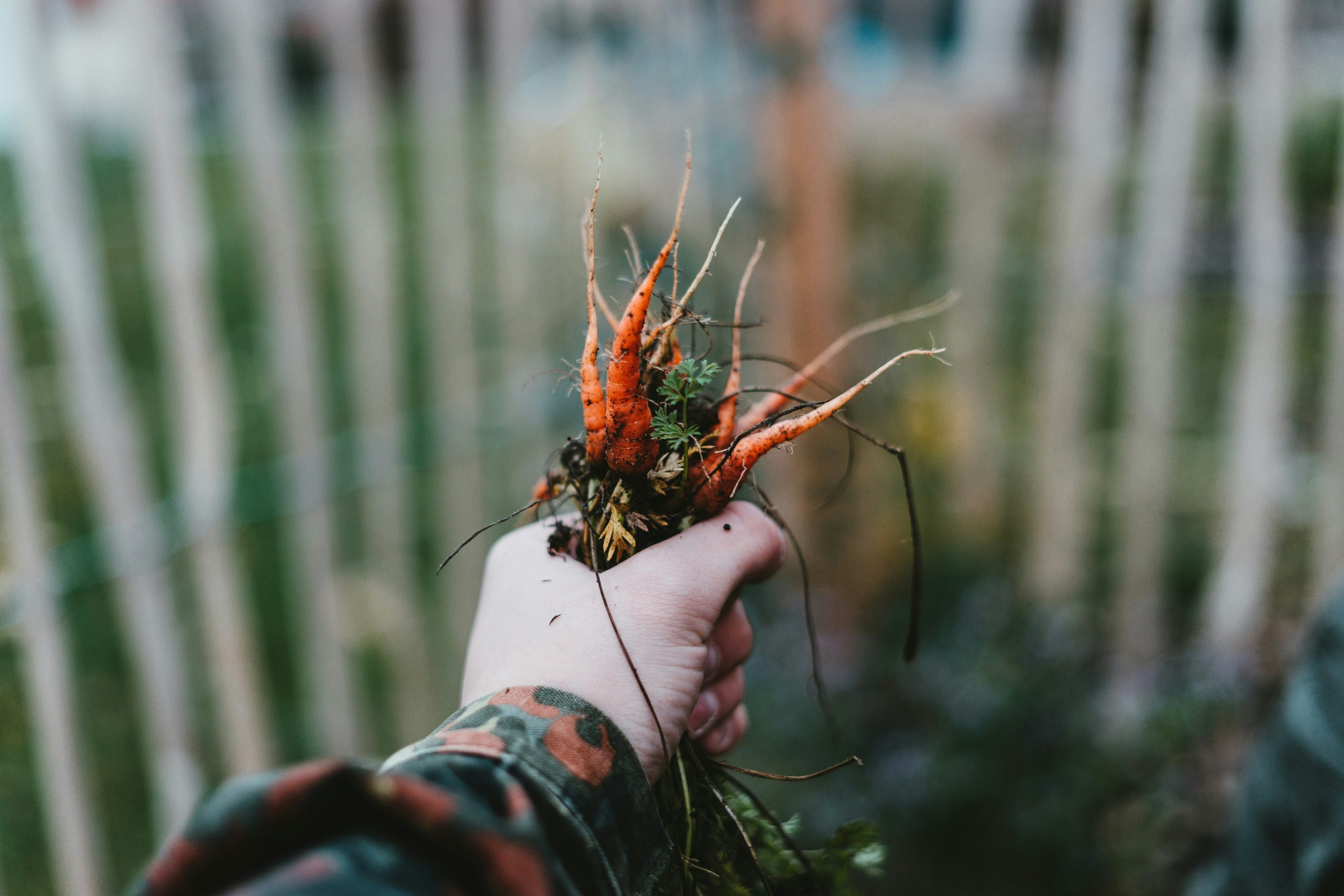Gardening for Kids: Learning Through Nature
Gardening is a wonderful activity that not only brings joy and beauty to our lives, but also teaches us valuable life lessons. For children, gardening can be a truly magical experience, as it allows them to connect with nature and explore the wonders of the earth. Not only that, but gardening for kids can also provide endless opportunities for learning and personal growth. In this article, we will explore the benefits of gardening for kids and how it can be an effective tool for teaching them about the world around them.
The Importance of Gardening for Kids
In today’s digital age, children are becoming increasingly disconnected from nature. They spend most of their time indoors, glued to screens and gadgets. This lack of outdoor exposure can have negative effects on their physical and mental health. This is where gardening comes in. By getting their hands dirty and spending time outdoors, children can reap numerous benefits that promote their overall well-being.
Develops Responsibility and Discipline
Gardening is a long-term project that requires constant care and attention. By allowing kids to participate in gardening, they learn the importance of responsibility and discipline. They must water their plants regularly, remove weeds, and watch out for pests, which all require effort and commitment. This sense of responsibility and discipline can carry over into other aspects of their lives, such as school and chores.
Encourages Healthy Eating Habits
Gardening is a wonderful way to introduce kids to different types of fruits, vegetables, and herbs. By growing their own food, children become more interested in trying new and healthy foods. They also learn about where food comes from, the importance of eating fresh produce, and the satisfaction of eating something they have grown themselves.
Improves Motor Skills and Coordination
Gardening involves a lot of physical activities, such as digging, planting, and watering. These tasks require hand-eye coordination, fine motor skills, and gross motor skills. As children engage in these activities, their motor skills and coordination are constantly being challenged, which can lead to better physical development.
Fosters Learning and Curiosity
Gardening is a hands-on experience that allows children to learn through exploration and discovery. They can observe how plants grow, identify different types of plants and insects, and learn about the science behind gardening. Gardening can also spark their curiosity and encourage them to ask questions, which can lead to further learning opportunities.
Teaches Patience and Resilience
Gardening is a process that requires patience and resilience. Children learn that plants take time to grow and that setbacks, such as bad weather or pests, are a part of the process. Through gardening, kids learn to be patient and resilient, which are important life skills that can help them deal with challenges in the future.
Promotes Environmental Awareness
Through gardening, children develop a deeper appreciation and understanding of the environment. They learn about the importance of conserving resources, reducing waste, and how they can make a positive impact on the planet. This can lay the foundation for a more environmentally conscious generation.
How to Get Kids Involved in Gardening
Now that we’ve established the benefits of gardening for kids, you may be wondering how to get them involved. Here are some tips to help you get started:
Start Small
It’s important to start small and simple when introducing children to gardening. Start with a small plot of land or some containers. This will make it more manageable for them and less overwhelming.
Let Them Choose
Allow children to choose which plants they want to grow. This will make them more invested in the process and keep them interested in their plants.
Make It Fun
Gardening should be a fun and enjoyable experience for kids. Make it a game by giving them challenges, such as who can water their plants the fastest, or who can grow the tallest sunflower.
Involve Them in Every Step
From planning to harvesting, make sure to involve children in every step of the gardening process. This will give them a sense of ownership and responsibility over their plants.
Be Patient and Encouraging
Remember to be patient and encouraging throughout the process. Don’t expect perfection and praise their efforts and progress. This will help build their confidence and keep them motivated.
Gardening is a wonderful way for children to learn and grow. It teaches valuable life lessons and provides endless opportunities for exploration and discovery. So next time you’re out in the garden, don’t forget to invite the little ones to join in and experience the magic of gardening for themselves.










